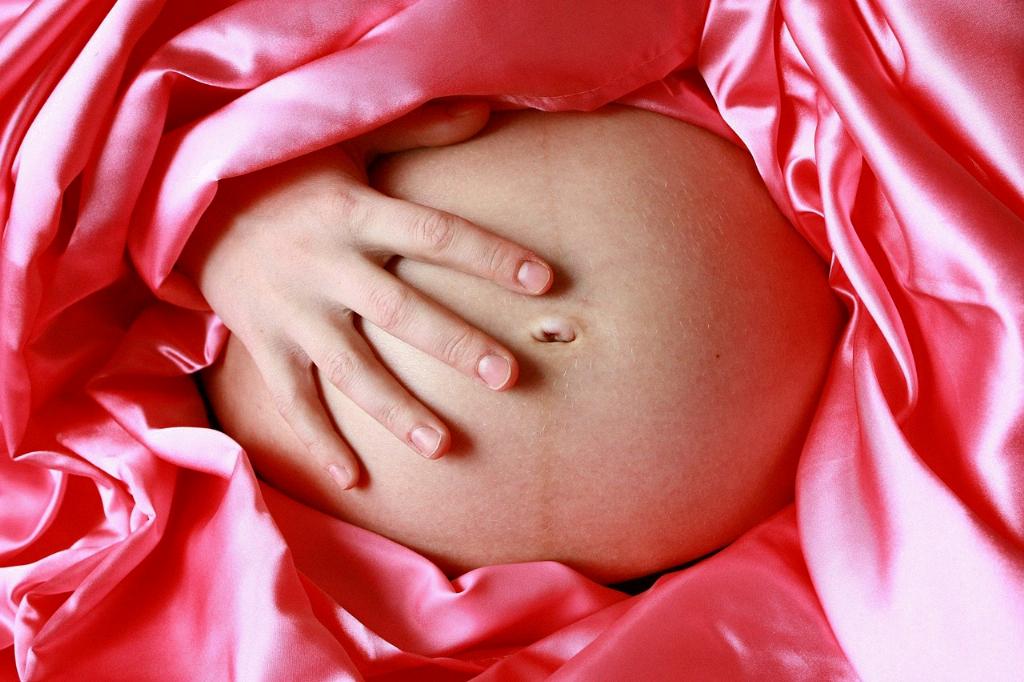Pruritus, commonly known as itching, is a common discomfort experienced during pregnancy. While dry skin is often the culprit behind itchiness, there are several specific conditions related to pregnancy that can exacerbate this symptom.
Pemphigoid Gestationis
Pemphigoid gestationis is a rare autoimmune disorder that typically manifests during the second or third trimester of pregnancy. It presents as intensely itchy red bumps or blisters on the skin, particularly around the abdomen and trunk.
Pruritic Urticarial Papules and Plaques of Pregnancy
Another condition linked to pregnancy-related pruritus is pruritic urticarial papules and plaques of pregnancy (PUPPP). This condition typically arises in the third trimester and is characterized by itchy red bumps that often start on the stretch marks of the abdomen.
Intrahepatic Cholestasis of Pregnancy
Intrahepatic cholestasis of pregnancy (ICP) is a liver disorder that occurs during pregnancy and leads to elevated levels of bile acids in the blood. It is known to cause severe itching, particularly on the palms of the hands and soles of the feet.
Atopic Eruption of Pregnancy
Atopic eruption of pregnancy, also known as prurigo of pregnancy, is a condition characterized by small itchy bumps that can occur on the arms, legs, and trunk of pregnant women. This condition is often associated with a history of eczema or atopic dermatitis.
Hormonal Changes
During pregnancy, hormonal changes play a significant role in affecting the skin’s moisture levels, which can lead to increased dryness and itchiness. The hormonal fluctuations can also trigger conditions like PUPPP and pemphigoid gestationis.
Stretching of the Skin
As the abdomen expands during pregnancy, the skin stretches to accommodate the growing fetus. This stretching can lead to dryness and itchiness, particularly around stretch marks, contributing to pruritus in expectant mothers.
Allergic Reactions
Pregnancy can sometimes make women more sensitive to certain allergens, leading to allergic reactions that manifest as itching and skin irritation. Identifying and avoiding these triggers can help alleviate pruritus during pregnancy.
Stress and Anxiety
Stress and anxiety are common during pregnancy and can exacerbate existing skin conditions or contribute to generalized itching. Engaging in relaxation techniques and self-care practices can help manage stress-related pruritus.
Dry Skin
Pregnancy can contribute to skin dryness due to hormonal changes and increased fluid requirements. Dry skin is a common trigger for pruritus, and maintaining proper hydration and using moisturizers can help alleviate itching.
Medical Conditions
Expectant mothers may also experience pruritus due to underlying medical conditions such as liver disease or thyroid disorders. It is essential to consult with a healthcare provider to rule out any potential serious causes of itching during pregnancy.
Conclusion
Pruritus in pregnancy can stem from various factors, including specific pregnancy-related conditions, hormonal changes, skin stretching, allergic reactions, stress, dry skin, and underlying medical issues. Understanding the causes of itching during pregnancy can guide women in managing and addressing this common discomfort for a more comfortable gestational period.

